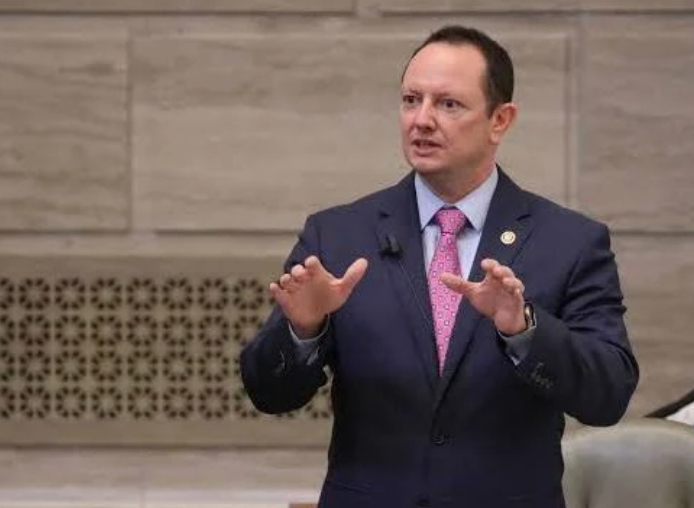U.S. Representative Eric Burlison (MO-07) is highlighting the inclusion of key policy priorities in recently passed federal legislation known as the One Big Beautiful Bill Act. Signed into law by President Donald Trump, the wide-ranging package features reforms related to public assistance programs and federal support for electric vehicles (EVs).
Burlison credited the legislation with advancing components of two bills he previously introduced: the Ending the Cycle of Dependency Act and the UNPLUG EVs Act. The provisions aim to reshape federal aid programs and reevaluate spending on climate-related initiatives.
Work Requirements and Public Assistance Reform
The law introduces new work requirements for able-bodied Medicaid recipients between ages 19 and 64 who are not caring for young children. These individuals must now work, volunteer, or engage in training or education for at least 80 hours per month. The bill also expands existing work requirements for Supplemental Nutrition Assistance Program (SNAP) recipients, increasing the exemption age from 55 to 65.
Additionally, the law limits states’ ability to waive work requirements in regions with high unemployment and ends grace periods for certain populations, such as former foster youth.
Changes to Electric Vehicle Incentives
The legislation also phases out several federal incentives for electric vehicles. Tax credits of up to $7,500 for new EV purchases and $4,000 for used EVs will expire at the end of September 2025. The law also repeals tax breaks for EV leases, curtails funding for the National Electric Vehicle Infrastructure (NEVI) program, and ends the Alternative Fuel Infrastructure Tax Credit effective June 2026.
Rep. Burlison expressed support for the changes, citing concerns over program costs and the focus of federal climate policies.






